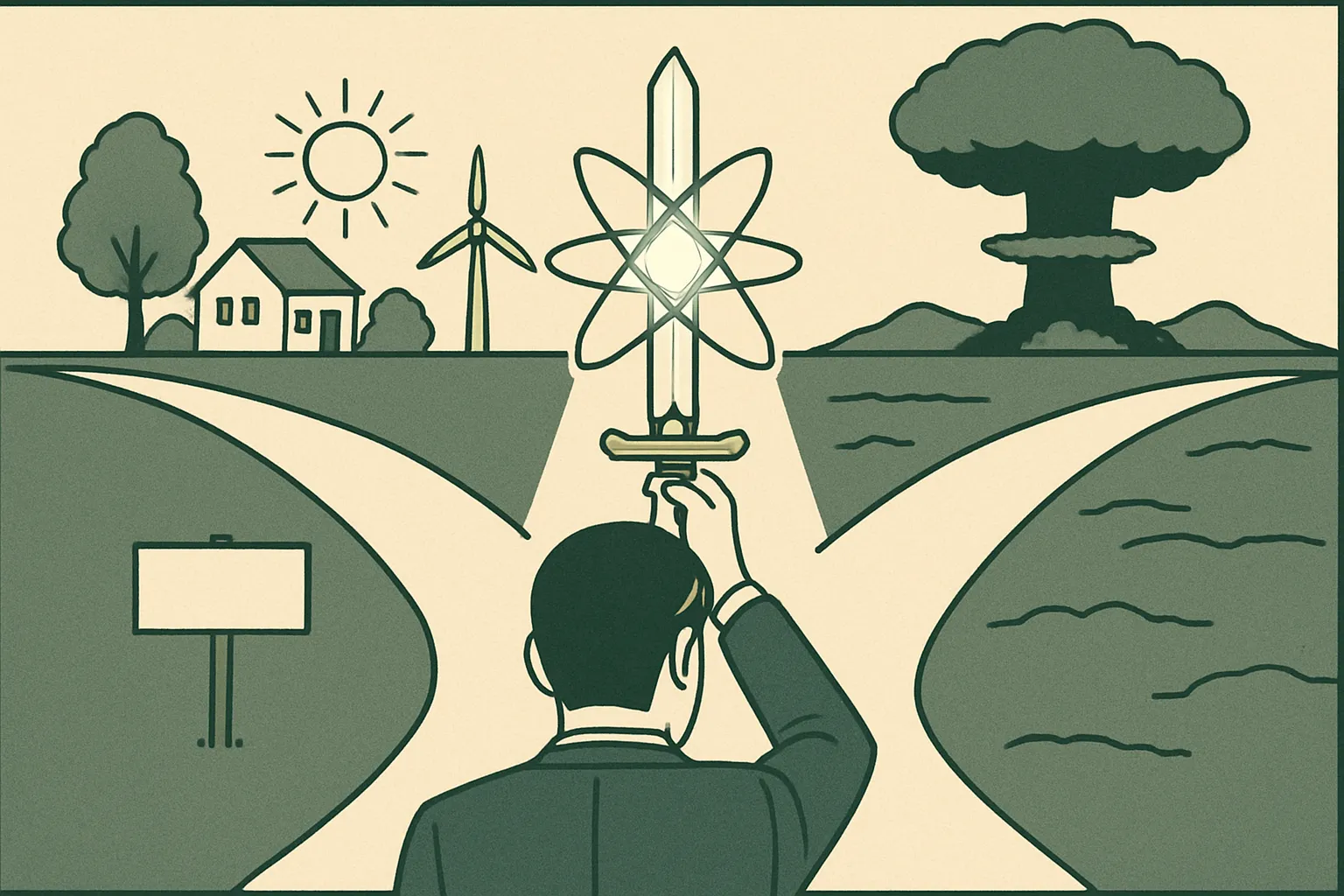From Words to Action: Discussing Endangered Species in Korean
Hello! This is [Maeil Hangul], here to upgrade your Korean skills!
Today, we’re tackling a topic that is both challenging and incredibly important: discussing strategies to protect endangered species. This is perfect for when you want to engage in deeper conversations, participate in debates, or express your opinion on significant global issues in Korean.
Lately in Korea, environmental topics are gaining huge momentum. A recent documentary on the restoration of the Asiatic black bear (반달가슴곰) in Jirisan National Park has sparked a nationwide conversation, making this vocabulary more relevant than ever. Ready to sound like an informed and articulate speaker? Let’s begin!
Core Expressions for Your Discussion
Here are some key phrases that will elevate your conversation from simple statements to sophisticated arguments.
1. 멸종 위기에 처하다 (Myeoljong wigie cheohada)
* Pronunciation [Romanization]: Myeol-jong wi-gi-e cheo-ha-da
* English Meaning: To be on the verge of/to face extinction
* Detailed Explanation: This is a crucial set phrase. 멸종 (extinction) + 위기 (crisis) + 처하다 (to face/be in a situation). It’s a formal and powerful way to describe the critical state of a species. You’ll frequently hear this in news reports, documentaries, and formal discussions. It carries much more weight than simply saying “동물이 사라지고 있어요” (the animals are disappearing).
2. 서식지 보전 (Seosikji bojeon)
* Pronunciation [Romanization]: Seo-sik-ji bo-jeon
* English Meaning: Habitat conservation/preservation
* Detailed Explanation: This is a compound noun essential for any environmental discussion. 서식지 (seosikji) means “habitat,” and 보전 (bojeon) means “conservation” or “preservation.” When you want to propose a specific solution, talking about 서식지 보전 shows you have a deeper understanding of the issue. It’s a term used by experts and policymakers.
3. 인식을 개선하다 (Insigeul gaeseonhada)
* Pronunciation [Romanization]: In-sig-eul gae-seon-ha-da
* English Meaning: To improve/raise awareness
* Detailed Explanation: This phrase is about changing people’s minds and knowledge. 인식 (insik) means “awareness” or “perception,” and 개선하다 (gaeseonhada) means “to improve” or “to make better.” This is a key strategy in any campaign, as public support is vital. You can use this to argue that legal measures are not enough; a change in public consciousness is also needed.
4. 실질적인 대책을 마련하다 (Siljiljeogin daechaegeul maryeonhada)
* Pronunciation [Romanization]: Sil-jil-jeog-in dae-chaeg-eul ma-ryeon-ha-da
* English Meaning: To establish/prepare practical countermeasures
* Detailed Explanation: This phrase is perfect for moving the conversation towards concrete action. 실질적인 (siljiljeogin) means “practical” or “substantive.” 대책 (daechaek) means “countermeasure” or “plan,” and 마련하다 (maryeonhada) means “to prepare” or “to arrange.” Using this phrase signals that you are thinking about realistic, effective solutions beyond just talking about the problem.
Example Dialogue
Let’s see how these expressions work in a real conversation about that popular bear documentary!
A: 지리산 반달가슴곰에 대한 다큐멘터리 봤어요? 많은 동물들이 멸종 위기에 처해 있다는 사실이 너무 안타까워요.
(A: Did you see the documentary about the Jirisan Asiatic black bears? It’s so sad that so many animals are on the verge of extinction.)
B: 맞아요. 가장 중요한 건 서식지 보전이라고 생각해요. 개발을 멈추고 그들의 공간을 지켜줘야 해요.
(B: I agree. I think habitat conservation is the most important thing. We need to stop development and protect their space.)
A: 물론이죠. 하지만 저는 대중의 인식을 개선하는 것도 시급하다고 봐요. 사람들이 문제의 심각성을 모르면 정책도 힘을 받기 어려우니까요.
(A: Of course. But I also believe it’s urgent to improve public awareness. If people don’t know how serious the problem is, it’s hard for policies to gain traction.)
B: 그 말도 일리 있네요. 결국 정부와 시민이 함께 실질적인 대책을 마련해야 해결될 문제인 것 같아요.
(B: That makes sense. Ultimately, it seems like a problem that can only be solved if the government and citizens establish practical countermeasures together.)
Culture Tip: Korea’s Environmental Awakening
While Korea is famous for its technological advancement, there’s a growing and powerful movement focused on environmentalism, especially among the younger generation.
- Korea’s Own Endangered Species: The conversation isn’t just about polar bears or pandas. Koreans are deeply concerned about native species like the Asiatic black bear (반달가슴곰), the Siberian tiger (호랑이 – culturally significant but extinct in the wild in South Korea), and the successful restoration of the crested ibis (따오기). Mentioning these will show you’ve done your homework!
- Z-세대 (Gen Z) Activism: Korean Gen Z uses social media for more than just K-pop. Hashtags like #환경보호 (environmental protection), #제로웨이스트 (zero waste), and #기후위기 (climate crisis) are constantly trending. Engaging with these topics online is a great way to practice your Korean and connect with native speakers.
- Policy in Action: The discussion about
실질적인 대책(practical countermeasures) is very real in Korea. The government has designated numerous national parks (국립공원) and implemented restoration projects. Referencing the Jirisan National Park (지리산 국립공원) restoration project in your conversation will make you sound like a local expert!
Let’s Practice!
Time to put your knowledge to the test.
- Fill in the Blank:
인간의 무분별한 개발 때문에 많은 동물이 ___________을 잃고 있다. (Because of humanity’s reckless development, many animals are losing their __________.)
(Hint: What is the Korean word for “habitat”?) -
Make a Sentence:
Using the phrase 실질적인 대책을 마련하다, write one sentence about a solution for plastic waste reduction.
Amazing work today! You’ve learned how to discuss a complex and meaningful topic with nuance and confidence.
Now, I want to hear from you! Using the expressions you learned today, please leave a comment with your opinion on protecting endangered species. I look forward to reading your thoughtful responses






